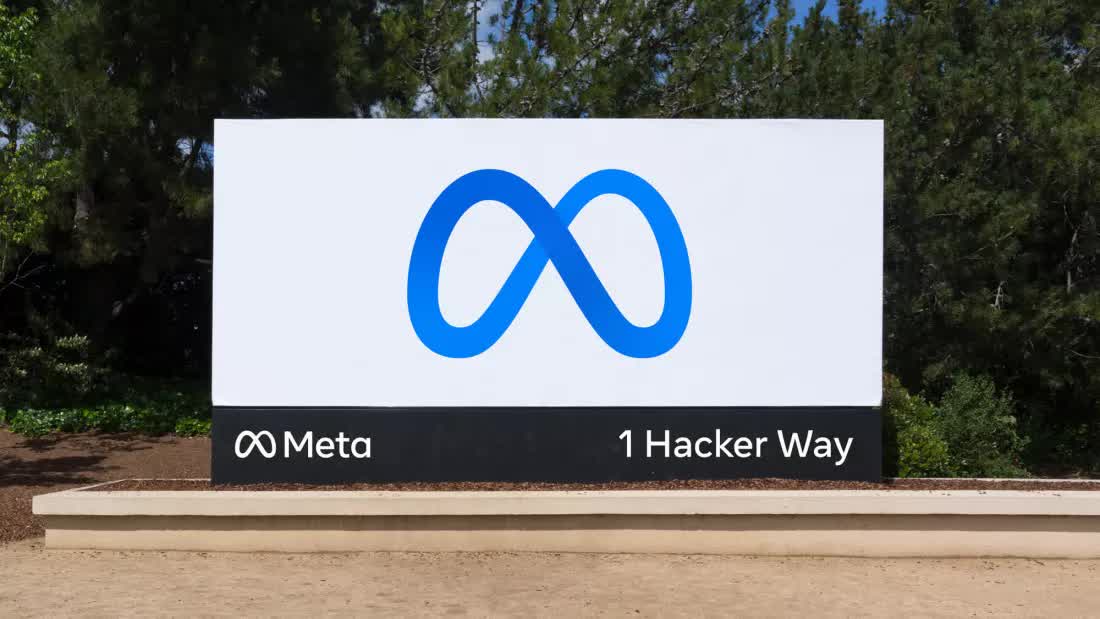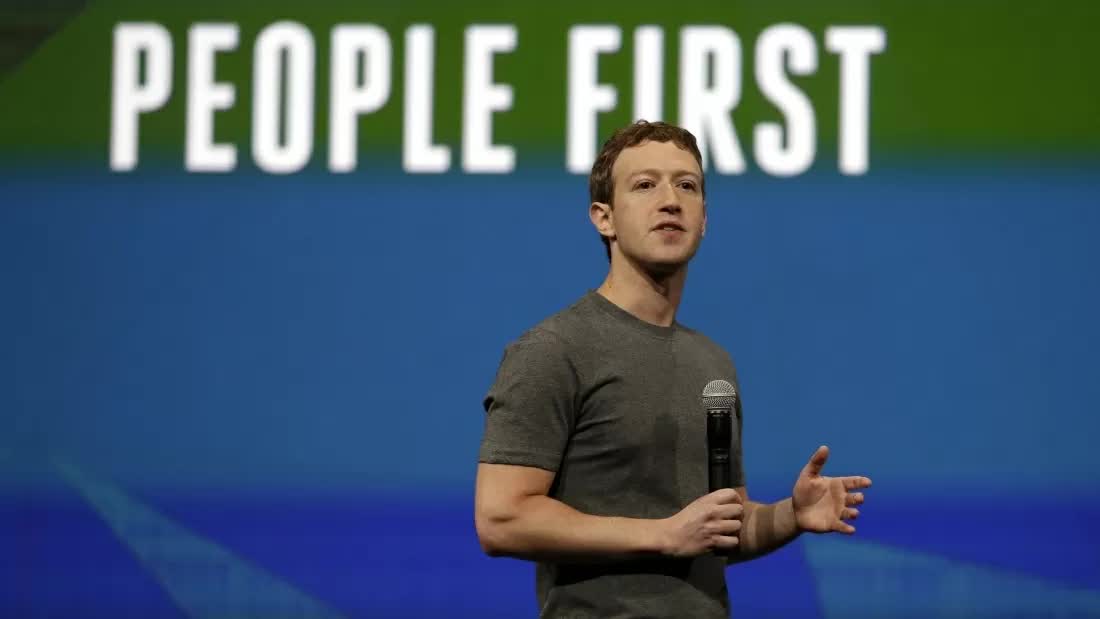What just happened? Meta employees are reportedly preparing themselves for job cuts that could see up to 10% of employees lose their jobs. The claim comes a few weeks after CEO Mark Zuckerberg warned workers he was introducing "ruthless prioritization" and "modified performance standards."
Insider reports that Meta's human-resources chief, Lori Goler, sent a memo to staff warning that the company has started to operate with "increased intensity" and that it plans to "transition" low performers out of the company, which is probably the nicest way to say people are being fired.
The memo also tells managers to build high-performing teams, ruthlessly prioritize, and make the most of synchronous and asynchronous time with teams.
According to the report, a person with knowledge of director-level conversations said up to 10% of workers at the Facebook parent could lose their jobs this year. One employee said the feeling of engineering managers looking for people to cut was like being subject to a "witch hunt."
Another person said the company recently gave them an "offer to leave," which they took rather than waiting to be pushed.

The news isn't entirely surprising. It was just a few weeks ago when Zuckerberg, during a Q&A with employees, said the company intends to clamp down on underperformers. "...some of you might decide this isn't the place for you, and that self-selection is OK with me," the CEO added. The company's head of engineering, meanwhile, recently told managers to place low and "neutral" performers on review and performance plans. Those unable to "get on track" would be shown the door.
Meta also said it planned to slow down its number of hires in 2022, reducing the number of new workers coming into the company from an original target of 10,000 to between 6,000 and 7,000. Moreover, Meta CPO Chris Cox sent a memo to staff confirming it intends to "prioritize ruthlessly" and "operate leaner, meaner, better executing teams."
Facebook/Meta ramped up its hiring during the pandemic to cope with the extra demand while allowing staff to be more relaxed when it came to meeting targets. That's all changed this year as many people return to the office and the world deals with an economic downturn. We've already seen Google, Microsoft, Seagate, Snap, Twitter, and Corsair impacted by and reacting to "macroeconomic headwinds," and more companies will doubtlessly follow suit.
